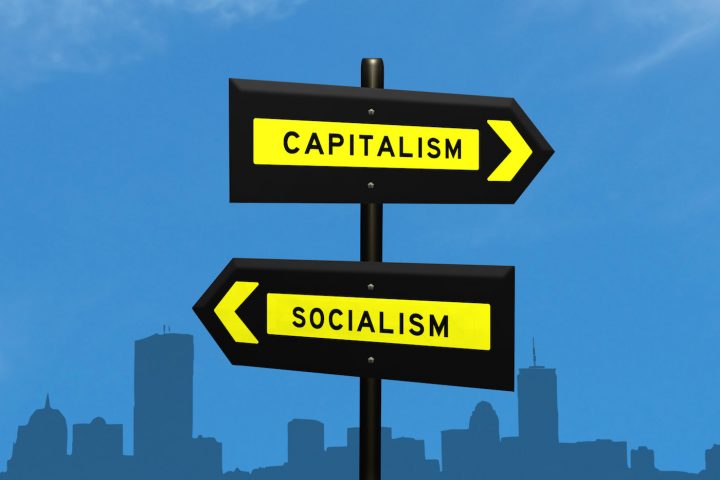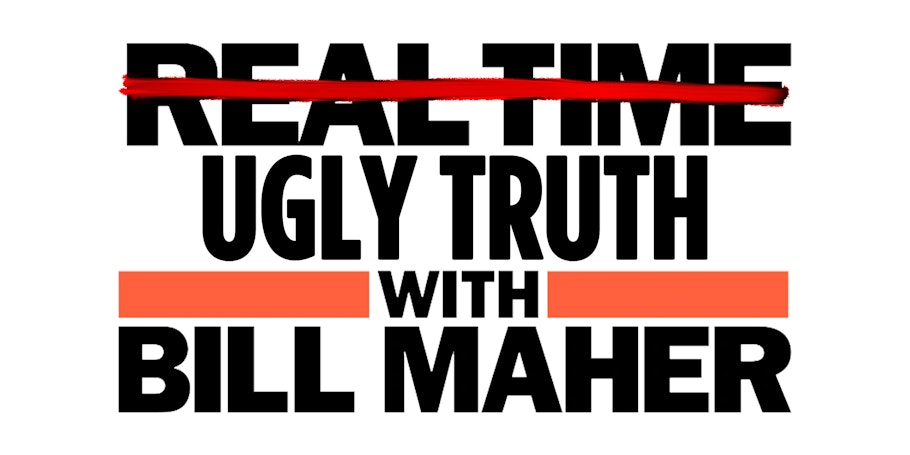Thirty years after the revolutions that toppled Eastern European regimes committed to collectivist economies, many Americans now regard socialism as a worthy political objective.
In mid-2018, a Gallup poll indicated that 57 percent of self-identified Democrats viewed socialism favorably. Americans aged eighteen to twenty-nine were marginally more positive about socialism (51 percent) than capitalism (45 percent). Overall, capitalism received a positive rating of 56 percent from Americans. That was its lowest rating since 2010, just after the Great Recession.
At a time of prosperity in America, why has backing for socialism surged and support for capitalism faltered? I think these trends owe something to the success of socialism’s promoters in achieving a moral ascendancy over advocates of free economies in the marketplace of ideas.
Why Socialism Now?
The reasons for this return to socialism aren’t hard to identify. Many people today have no memory of the former Soviet bloc’s command economies that comprehensively failed to deliver on their promises. There is usually a steep price to pay for historical amnesia.
People do, however, remember the 2008 Great Recession. The damage this inflicted on the case for markets can’t be underestimated. Certainly, there is considerable evidence illustrating how mistaken central bank policies and government regulation played significant roles in facilitating bubbles and subsequent crises in the financial and housing sectors. Unfortunately, relentless rhetoric about allegedly unregulated markets has triumphed over facts.
Nor does it help that some free marketers seem unable to speak beyond the world of numbers and utility when defending history’s greatest poverty-alleviating system. Too many seem oblivious to the fact that part of socialism’s appeal has always been its promise of a more just world. I’ve seen more than one conservative nod approvingly while listening to socialists insist that we should settle for a little less GDP growth if it secures greater justice in society.
Such mindsets reflect just how much we take economic growth for granted. We have forgotten that economic growth is the exception in human history rather than the rule. To speak of casually accepting slippages in GDP growth also trivializes the negative implications this has for the poor. That said, the more free marketers relentlessly focus on the greater utility and material prosperity that markets undoubtedly generate, the deafer they seem to claims of justice.
Socialism in America
The need for more principled defenses of markets is especially important given what socialism means to many Americans today. It turns out to be as much about value commitments as about particular economic policies.
Another 2018 Gallup survey indicated, for example, that just “17 percent of Americans define [socialism] as government ownership of the means of production, half the number who defined it this way in 1949 when Gallup first asked about Americans’ views of the term.” But most revealing, the same survey underscored that socialism’s meaning has less to do with specific systems than with certain conceptions of justice and equality. For 23 percent of Americans, socialism was about “equality—equal standing for everybody, all equal in rights, equal in distribution.”
That’s more than double the same answer in 1949. Socialism, from this standpoint, is concerned with equality in the sense of sameness: equal starting points, equal outcomes, and equal entitlements. This suggests that those Americans willing to give socialism a hearing are more informed by the vision of a levelling equality expressed in books such as John Rawls’s Theory of Justice than by the economic analysis of Karl Marx’s Das Kapital.
This has implications for how socialism is critiqued. Tough-minded and unsentimental criticism of the economic dysfunctionalities that socialism engenders—whether the command economies of the former Soviet bloc, the Latin American version that has destroyed Venezuela, or the social democratic models favored by many Western Europeans—are essential. Facts do, after all, matter. But they must be accompanied by an emphasis on socialism’s flaws in the realm of values. Few people understood this better than Alexis de Tocqueville.
Tocqueville as Anti-Socialist
Tocqueville’s economic views were somewhat eclectic. He accepted, for example, the economic case for free trade. “The truth of its principles,” he wrote in an 1843 letter to the Whig peer Lord Radnor, “is uncontestable.”
Tocqueville, however, was also an active politician for much of his life. In his view, economic policy could not be separated from politics in the real world. That included European great-power politics. Tocqueville was uncertain that France would fare well if free trade prevailed between France and its traditional rival, Britain.
The caution that Tocqueville displayed toward economic liberalization contrasted sharply with his willingness to wage intellectual war on socialism. Nowhere did he express this more firmly than in a speech to France’s Constituent Assembly on September 12, 1848.
The context of Tocqueville’s remarks was an effort by the Assembly’s radical members to enshrine a right to work (understood as a right to employment) in the Second Republic’s constitution. Tocqueville’s opposition to this proposal was shared by the two economists sitting in the Assembly, Frédéric Bastiat and Louis Wolowski. Unlike the economists, however, Tocqueville’s critique of a constitutional right to a job was primarily political. Indeed, Tocqueville admitted that his main reason for speaking against it was to force France to debate politically “the question of socialism.”
If everyone was constitutionally guaranteed employment by the state, Tocqueville argued, it would legitimate the state’s takeover of the economy. This essentially political insight was the launching point of Tocqueville’s distinctly un-economic critique of socialism.
In the first place, Tocqueville insisted that socialism was based on “an energetic continuous appeal to man’s material passions.” Socialists, he noted, relentlessly emphasize the material dimension of life. For them, it is ultimately what matters. But for Tocqueville, people were more than just mouths. To the extent that socialism grounded its appeal on materialism, it could not help but degrade human beings.
Second, Tocqueville underscored socialism’s suspicion of private property. That is why socialists, he insisted, “if they do not destroy it, transform it, diminish it, constrain it, limit it, and make of it something else than the private property that we know and that we have known since the beginning of the world.” Private property, Tocqueville believed, not only taught people responsibility; it also provided people security, kept them out of poverty, and bolstered their freedom to act.
This brings us to Tocqueville’s last point. Socialists of “every color, of every school,” Tocqueville stated, share a “deep distrust of liberty, of human reason, a profound scorn for the individual in his own right, for the human condition.” By contrast, they had every confidence in the state’s alleged capacity to make everything right. Socialism means, Tocqueville insisted, that
the State must not only direct society, but must be . . . the master of every man . . . his tutor, his teacher; that from fear of letting him fall, the state must always be by his side, above him, around him, in order to guide him, protect him, sustain him, restrain him. In brief . . . it is the elimination of human freedom to a lesser or greater extent.
Those are strong words. Socialism, for Tocqueville, portends “a new form of servitude” in the name of protecting everyone against life’s ups-and-down. Paradoxically enough, he argued, this made socialism similar to the ancien régime that the French Revolution overthrew. It too had held that
wisdom resides in the state alone, that its subjects are weak and infirm beings whom one must always lead by the hand for fear that they might fall or hurt themselves; that it is good continually to constrict, to oppose, to constrain individual liberties; that it is necessary to regulate industry, to guarantee the quality of goods, to prevent free competition.







